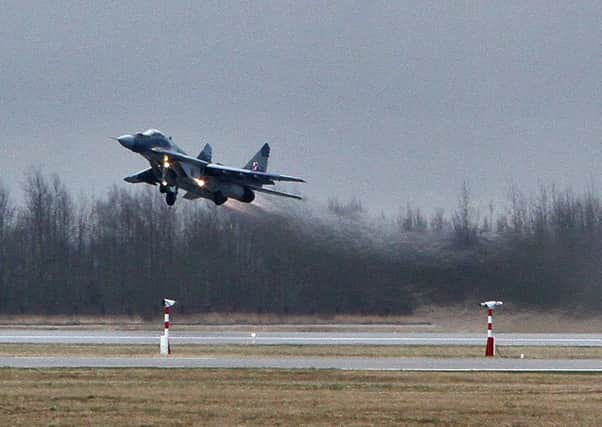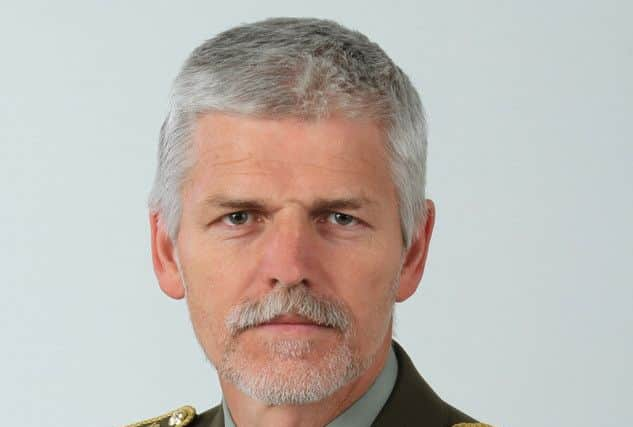Russia ‘could take Baltic states in two days’


Czech General Petr Pavel, soon to become head of Nato’s military committee, one of the alliance’s most important bodies, added that steps taken to face the threat posed by Russia so far had been “embarrassingly ineffective”.
His warning comes amid a growing climate of insecurity in the Baltic region and central Europe. The three Baltic states, Lithuania, Latvia and Estonia, have all reported increases in Russian military activity near their borders, skies and waters. They now plan to make a formal request for Nato to station thousands of troops in the region on a permanent basis as a statement of the alliance’s commitment to their territorial defence.
Advertisement
Hide AdAdvertisement
Hide AdLithuania has also re-introduced conscription owing to fears over what its giant neighbour intends to do with the three countries that were for so long part of either the Russian or Soviet empire.


“From a technical point of view, if I consider how many forces Russia is able to deploy in the Baltics when compared to the size of the Baltic countries and the density of their forces it means that they could really be occupied in a couple of days,” General Pavel said.
The combined regular armies of the Baltic states come to about 13,000 personnel, and although increasing in size as governments spend more and more on defence, they still fall well short of the estimated 800,000 men and women in the ranks of the Russian army.
The Baltic states do have the weight of Nato behind them but General Pavel explained that the organisation has difficulty in reacting quickly owing to its size.
“One of it disadvantages is its complex process of decision making,” said the general. “It is because Nato has 28 members, and they have to reach a consensus on all decisions.”
He added that any Russian attack on the Baltic states would force Nato into deciding whether it was prepared to go to war over the three countries, and face the possibility of that war turning nuclear.
The general’s statements reflect growing concerns over the perceived threat to European security posed by Russia. Having witnessed Russia’s annexation of Ukrainian Crimea and its interference in eastern Ukraine, many in the West now accuse Moscow of revanchism and being a threat to the European order.
Jens Stoltenberg, the Nato secretary general, yesterday launched an attack on Russian plans to station missiles capable of carrying nuclear warheads in the Kaliningrad enclave that borders Poland and Lithuania.
Advertisement
Hide AdAdvertisement
Hide Ad“Russia’s recent use of nuclear rhetoric, exercises and operations are deeply troubling,” he told an audience at the Centre for Strategic and International Studies think-tank, adding that the presence of the missiles could “fundamentally change” European security.